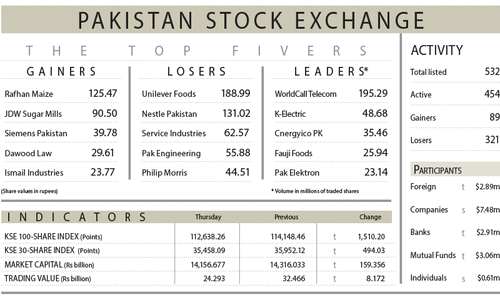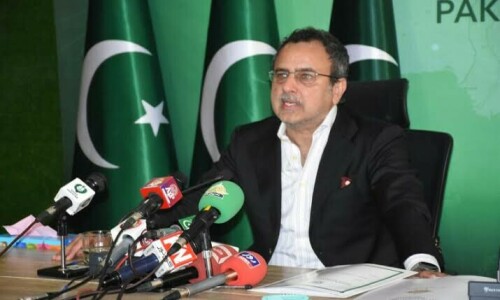In recent history, expert business models have advocated climate action as one amongst few fundamental purposes for business, as in the PPP (Profit, People & Planet) model or the ESG (Environment, Social & Governance) model. This movement has got businesses to start considering climate action as an additional goal, outside of commercial objectives, within its corporate strategy framework.
Furthermore, while this is true for developed economies, the developing world, as per its evolutionary stage, is largely still striving to operate within the commercial dimension as its core purpose of being.
The share of global resources and the path to future growth for developing economies, however, will rely heavily on the fast adoption of climate change driven strategies. This is also significantly relevant in the context of Pakistan, and here are four broad reasons why:
Change in demand patterns
While there is a broad acknowledgement of the changing future demographics of the end-user population, it is less known that the future end-user is extremely aware and critically prioritises sustainable characteristics of the products and services it chooses. From health to earth-friendliness, businesses will have to ensure they are checking all the boxes.
The future consumer is a great influencer on the community — they write, talk and amplify what they think, therefore, new demand patterns are likely to multiply from niche to mainstream in a quick time
Secondly, the future consumer is a great influencer on the community as well: they write, talk and amplify what they think. Therefore, the new demand patterns are likely to multiply from niche to mainstream in quick time.
The customers are looking
Businesses that rely on resellers or exports are also increasingly going to be under the microscope for sustainable practices. On one hand, there is business efficiency driven emergence of large, international or corporate resellers; on the other hand, there is a critical need for local businesses to look at export markets for growth. These entities, largely based in or from developed markets, are increasingly short-listing their preferred suppliers on the basis of sustainable practices, and no more only on a price basis.
Efficiency is critical
It has been proven in most cases that investing in sustainable operations ensures cost efficiency, along with other indirect benefits like health, new employment etc. Energy efficiency-driven investments in transport, buildings and manufacturing are a great example of this. Rising fossil-fuel energy costs should also make businesses reconsider investing in alternate energy sources.
Furthermore, businesses will also come under pressure from the demand side to serve at competitive prices while offering sustainable practices and products at the same time.
Given that there is a long lead time in retiring old infrastructure, proactive consideration towards alternate energy sources and energy-efficient assets should immediately become part of businesses’ long-term plans.
Supply chains are challenged
The ‘business-as-usual supply chains are and will be under threat for continuity and quality of supply, threatening businesses customer service and satisfaction metrics. Climate unfriendly practices are at the heart of this supply disruption. Agriculture, forestry and water-reliant businesses need to secure their supplies for the long run.
Local produce quality is already under competitive threat from imports, not necessarily only due to climatic reasons, but could increasingly be driven by it. If businesses are particularly reliant on unorganised or small scale suppliers, they are at high risk. It is, therefore, increasingly becoming important for businesses to collaborate and invest in sustainable supply chains.
Growth is a key agenda point for our developing economy which is rich in natural resources. By protecting and leveraging our resources via action on climate change our stakeholders could have the efficiency, quality and consistency of output needed to be successful in the global context.
The writer is the Managing Director of ILMNET DMCCs. Email: memoshkhawaja@ilm-net.com
Published in Dawn, The Business and Finance Weekly, November 8th, 2021












































Dear visitor, the comments section is undergoing an overhaul and will return soon.